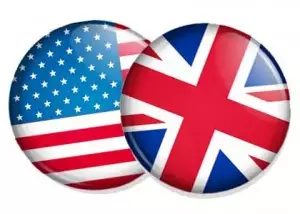There are thousands of abbreviations in common use, and with the increased use of computer technology, social media (such as chatting) and the proliferation of organisations, legislation and professional jargon, the number of acronyms and shortened forms of words and expressions that you need to know can seem mind-boggling (totally confusing).
Here’s a selection of some of the more useful ones, which I have organised according to topic. Hope you find them useful.
Writing and email
Perhaps the most common – and yet (certainly for Italian people learning English) the most confusing abbreviations – are e.g. and i.e..
E.g. means “for example”. (Why? Well, that’s because it’s really the initials of the Latin expression “exemplii gratia” – for the sake of example.)
I.e. means “that is” (Italian cioè). (Latin again: id est).
When you send someone an email you can “cc” another person or “copy them in” to the email. Cc means “carbon copy”, a reference to old-fashioned carbon paper used to make copies of a letter while writing them on a typewriter. If you don’t want someone to know that you are copying a third person in, then use “bcc” or “blind carbon copy”.
Digital technology, including the internet, has led to the creation of a huge number of abbreviations, especially as typed or texted forms of real-time communication, such as online chat, internet messaging (IM) and texting (SMS) have gained popularity. Some of the more familiar acronyms from these media include:
FYI = For Your Information. This is typically used when you want to send someone an interesting link you have found, but one which doesn’t require a lengthy (long) introduction.
I hope you find these abbreviations useful. If anyone would like to know the meaning of other common business acronyms – or if you have found an acronym that you want to share with otherpeople, visit the Milan Business English Network on Facebook or add a comment here.
http://milanenglishblog.blogspot.com/2010_10_01_archive.html









